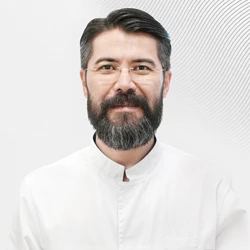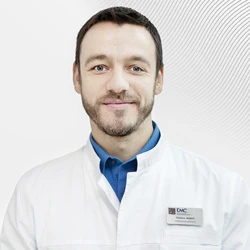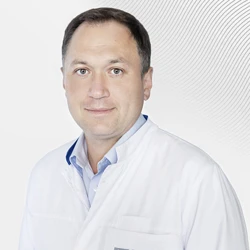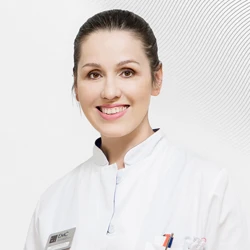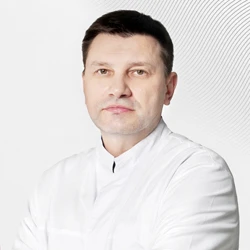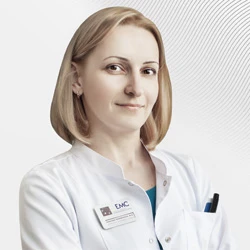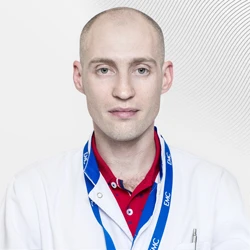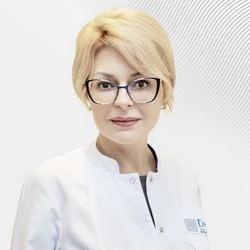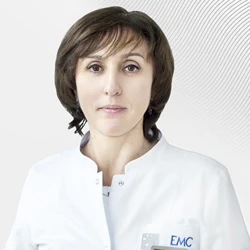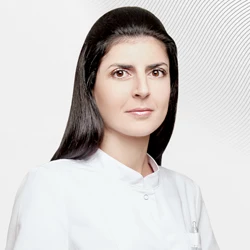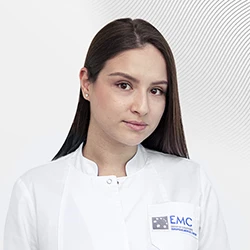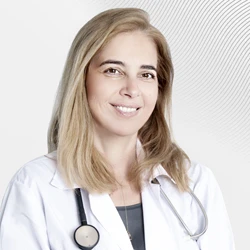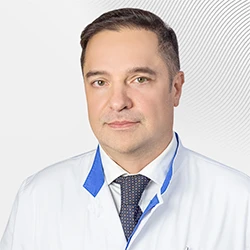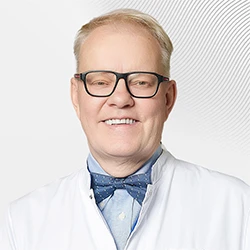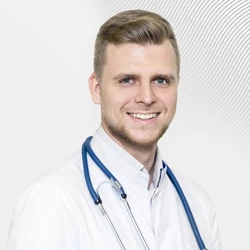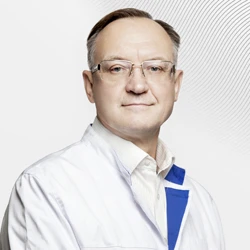Often we do not think about what is happening to our body, whether everything is in order, whether there are threats or prerequisites for the development of any disease, until the disease itself forces us to do it. Meanwhile, the occurrence of most ailments with proper and timely prevention can be prevented, thereby saving time, money and emotions. And maybe even save your own life.
Specialists-oncologists of the European Medical Center attach great importance not only to diagnostics and the treatment of oncological diseases, but also their prevention. There are many simple and publicly available ways to help maintain your health, improve your well-being, and reduce the risk of developing this serious disease.
According to the World Health Organization, the development of at least a third of all cancers can be prevented.
There are universal medical recommendations for the prevention of cancer and other diseases:
- eliminate smoking or chewing tobacco;
- consume varied and healthy foods based on plant products and low in fat;
- exercise regularly and maintain optimal weight;
- observe sleep patterns;
- limit exposure to sunlight.
These measures are part of the concept of a healthy lifestyle and can prevent the development of cancer.
Vitamins and exercise
The American Cancer Society estimates that 30% to 40% of cancers are directly related to diet.
Eating more vegetables, fruits, legumes, and whole grain products helps prevent the development of cancer of the gastrointestinal tract and respiratory system.
Sweet dreams
A good night's sleep also contributes to improving the body's ability to fight cancer. In addition, lack of sleep can negate the positive effect of physical activity.
Regular medical check-up
To prevent the occurrence of certain types of cancer, such as breast, colon and uterine cancers, it is recommended to undergo systematic examinations:
- mammography (breast examination) - every year, starting from the age of 40;
- colonoscopy (examination and assessment of the condition of the inner surface of the colon using a special probe) - every 5-10 years starting from the age of 50;
- Cytological smear examination (diagnosis of cervical diseases) is performed every 2-3 years, starting at the age of 21.
Toxic smoke
Although there is no "magic pill" for nicotine addiction, there are medications that can help in combination with psychological self-control methods.
Your assistants in the fight against cigarettes are nicotine replacement drugs:
- Band-aid;
- chewing gum;
- lozenges;
- the inhaler;
- nasal spray;
Additionally, you can use distracting activities when you feel like smoking – chewing gum, brushing your teeth, or using mouthwash after meals, when most smokers have a desire to smoke.
Prevention of skin cancer
Basal cell carcinoma and squamous cell carcinoma (types of skin cancer) are the most common types of cancer. They are treatable and usually do not spread to other parts of the body. However, melanoma is a particularly dangerous type of skin cancer, which often leads to death.
There is no such thing as a "healthy tan." The appearance of sunburn means that the skin produces more melanin pigment in response to the harmful effects of ultraviolet (UV)
radiation.
Although people with fair skin are more prone to sunburn and other harmful effects of sunlight, everyone, even those who are naturally dark-skinned, is at risk.
And yet, according to research, only 56% of people follow measures to protect themselves from the negative effects of sunlight.
Here are the main ones:
- Apply a protective agent. Choose products with a wide range of effects that do not wash off with water and have a sun protection factor (SPF) of at least 30, apply it 20-30 minutes before going outside.
- Choose your clothes carefully. Dark-colored clothing protects to a greater extent than light-colored clothing, and clothing made of dense fabric is preferable to clothing made of light fabric. Wear a wide-brimmed hat.
- Wear sunglasses.Protect your eyes from sunlight by using panoramic sunglasses that block the effects of UVA and UVB rays by 100%.
- Avoid the sunny "rush hour". The maximum activity of UV rays is set from 10 a.m. to 4 p.m. Sand, water and snow reflect UV rays, enhancing their effect.
- Avoid going to the solarium. Tanning beds and solar lamps are unsafe: UVA rays penetrate deeper into the skin and contribute to the development of cancer.
- Exercise self-control.Examine the skin for new moles, freckles, and growths. In case of changes and the appearance of growths on the skin, contact a dermatologist.
Most cancers respond well to treatment when detected early.
Breast cancer prevention
In recent years, the popularity of pomegranate, which is a rich source of certain vitamins and antioxidants, has increased. It contains compounds that prevent the growth of breast cancer. These compounds act as blockers of the action of aromatase, an enzyme that plays a major role in the development of most types of breast cancer.
The specialists of the European Medical Center for the Prevention and Treatment of Breast Cancer give the following recommendations:
- Avoid being overweight. Obesity increases the risk of breast cancer after menopause;
- Eat healthy food. Follow a balanced diet with lots of vegetables and fruits and a small amount of sugary drinks, refined carbohydrates and fatty foods.
- Lead a physically active lifestyle. The preventive effect is achieved with moderate physical activity for at least 30 minutes (for example, walking) five times a week.
- Give up alcohol and cigarettes. The maximum allowable dose is one drink per day, regardless of the type of alcohol.
- Beware of hormone replacement therapy. "Bioidentical hormones," as well as hormonal creams and gels, are just as unsafe as conventional hormonal drugs, so they should also be avoided.
- Breastfeed your baby as long as possible. Women who breastfeed for at least a year have lower rates of developing breast cancer in the future.
Prevention of lung cancer
Screening programs designed to detect lung cancer at an early stage in people at high risk of developing the disease are the most effective way to prevent it.
The main target audience for lung cancer prevention is smokers and former smokers. They have the highest risk of lung cancer. These people can benefit the most from early detection of cancer cases through screening and early chemoprophylaxis.
Cancer diagnosis, treatment, and prevention is a complex, complex process that requires the skill and experience of many specialists from different fields of medicine. But the effectiveness of treatment and its outcome largely depend on the patient himself, on his attitude to the disease, on the exact adherence to all the recommendations and prescriptions of the attending physician.
Was this information helpful?
Questions and answers
Ask a Question





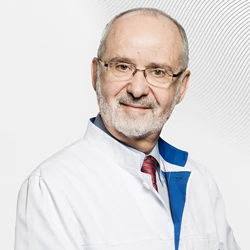
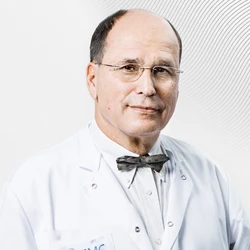
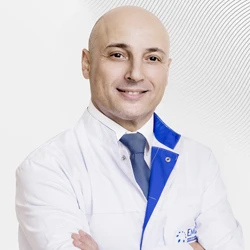
.webp)
